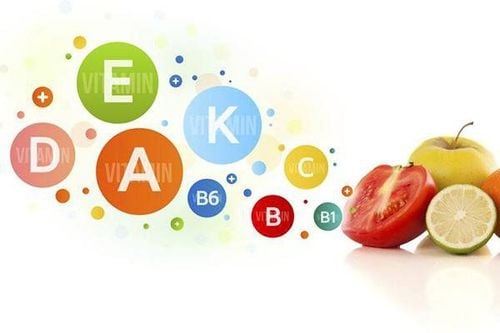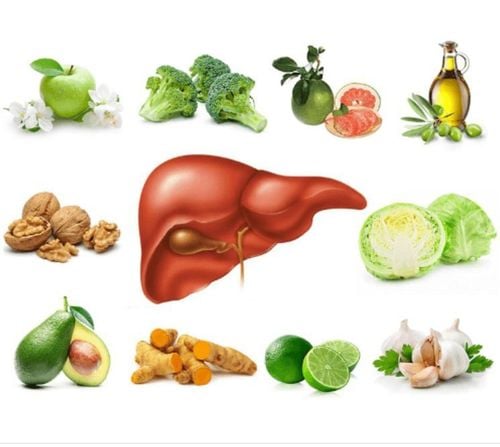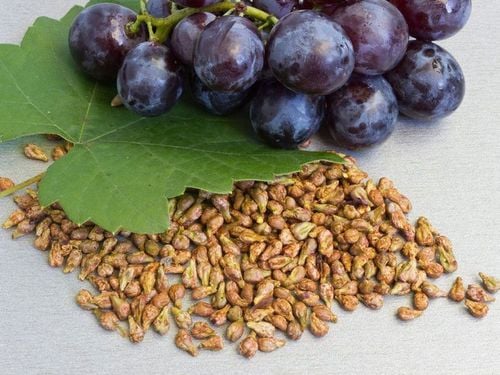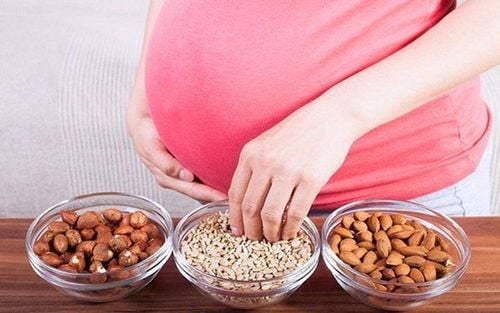Vitamin E is an essential vitamin that plays an important role in the body. However, like many other vitamins, consuming too much can lead to health complications. This condition is called Vitamin E overdose or Vitamin E toxicity.
1. What is Vitamin E?
Vitamin E is a fat-soluble vitamin that acts as an antioxidant, reducing the risk of heart disease, some types of cancer, vision problems, and brain-related disorders. One of vitamin E’s main functions is to prevent prolonged constriction of blood vessels, thus preventing blood clots from forming. The daily recommended dose is 15 mg. Foods rich in Vitamin E include:
- Plant-based oils such as soybean oil, sunflower oil, safflower oil, wheat germ oil, corn oil...
- Nuts: sunflower seeds, almonds, hazelnuts, peanut butter, peanuts...
- Fruits: kiwi, mango, tomato...
- Vegetables: spinach, broccoli...
Since fat-soluble vitamins are stored in body fat, they can build up in adipose tissue, especially if someone consumes excessive Vitamin E through diet or supplements. For Vitamin E, the upper limit most people can safely consume daily without risking vitamin E overdose is 1,000 mg.
2. Is it dangerous to take too much Vitamin E?
Generally speaking, using Vitamin E is quite safe. Any excess vitamin E is quickly excreted from the body. The average daily requirement for the body is about 100–400 IU. Normally, vitamin E has almost no side effects when used in normal doses, but taking too much vitamin E can cause side effects. Vitamin E toxicity occurs when excessive amounts accumulate in the body, leading to health complications.
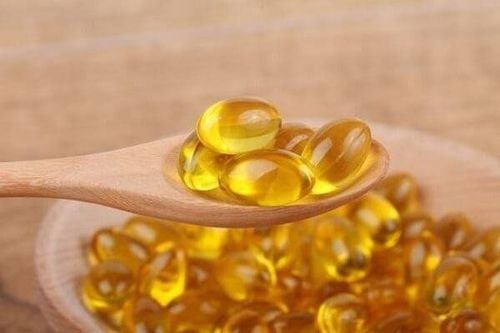
Using Vitamin E in high doses (over 400 IU/day) can accelerate cell damage due to oxidation and interfere with other anti-aging agents, leading to symptoms of overdose such as diarrhea, digestive issues, fatigue,weakness, etc. However, most of these symptoms quickly disappear once the supplement is stopped.
Overdosing on Vitamin E can thin the blood and potentially be fatal, as vitamin E can interfere with the blood clotting process, which is the body’s natural defense against bleeding after injury. Additionally, an overdose increases the risk of hemorrhagic stroke or brain internal bleeding.
3. Drug interactions
There seems to be minimal risk of Vitamin E interacting with other drugs when consumed in normal doses. However, high-dose supplements (over 300 mg/day) can interact with blood thinners like Aspirin (Vitamin E interferes with Aspirin’s platelet-clumping effect) and Warfarin. Overdosing may also reduce the effectiveness of drugs like Tamoxifen (used to treat breast cancer) and Cyclosporine (an immunosuppressant for organ transplants). More importantly, when combining high doses of Vitamin E with estrogen can cause blood clots, so extra caution is needed.
4. Who needs vitamin E supplements?
Many people take Vitamin E supplements hoping to boost their immune system, reduce cancer risk, or improve the health of their hair, skin, and nails due to its antioxidant and anti-aging properties. However, supplementation is unnecessary and provides little benefit unless a vitamin deficiency is diagnosed. People on low-fat diets or those with conditions affecting fat absorption (like Crohn’s disease or cystic fibrosis) may have a higher risk of Vitamin E deficiency.
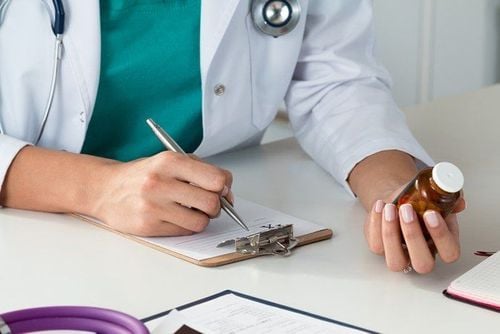
5. Treatment and prevention of Vitamin E overdose
Treating mild Vitamin E toxicity involves stopping the supplement. More severe complications may require medical intervention. Therefore, the best way to prevent Vitamin E overdose is to keep your daily intake of Vitamin E from food and supplements below 1,000 mg. Overdose is unlikely from eating fresh, Vitamin E-rich foods. However, taking supplements can easily lead to doses exceeding 300 mg per day. A study pointed out that there is an increased risk of stroke in people taking more than 180 mg daily. Most people don’t need such high doses, as the body only requires 15 mg daily. Moreover, vitamin E’s fat-soluble nature increases the risk of toxicity and complications in children.
To prevent Vitamin E overdose, ensure that your total daily intake from food and supplements does not exceed 1,000 mg.
To arrange an appointment, please call HOTLINE or make your reservation directly HERE. You may also download the MyVinmec app to schedule appointments faster and manage your reservations more conveniently.
Reference source: healthline.com




